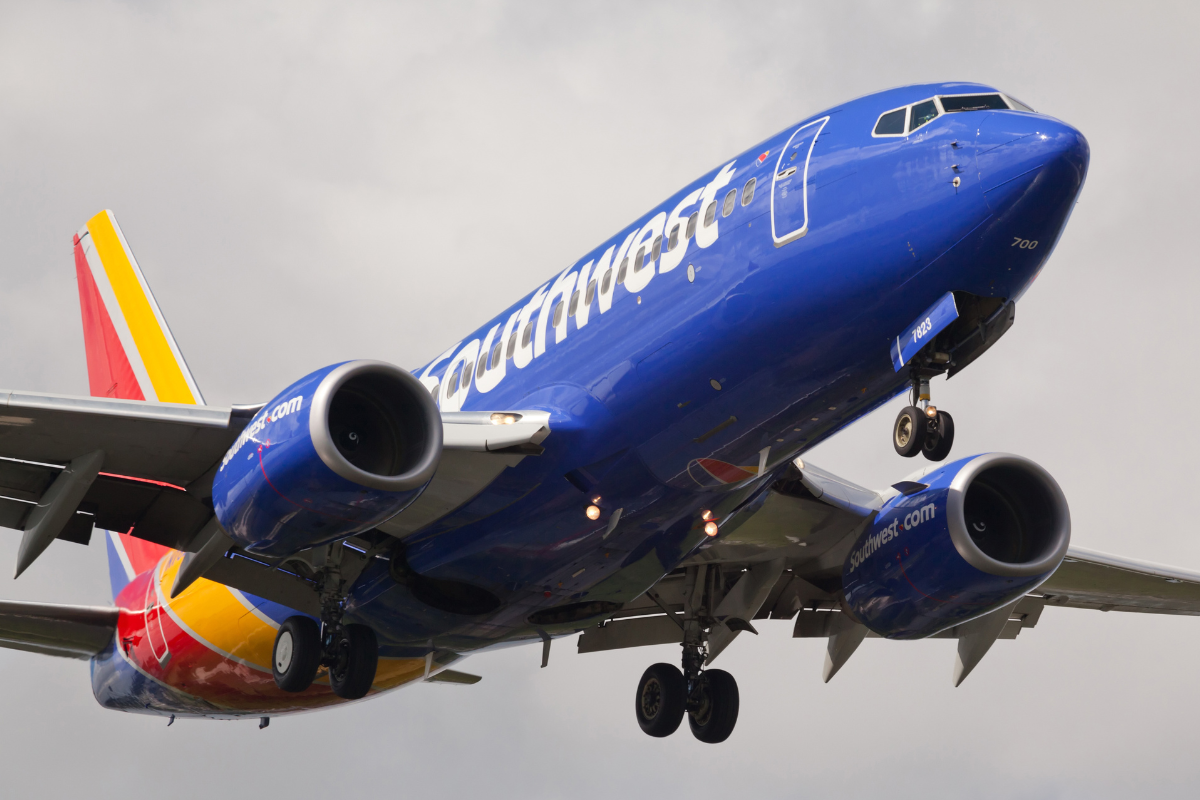
The union which represents flight attendants at Southwest Airlines has asked a federal court to allow it to intervene in a lawsuit brought by the airline against the state of Colorado over a paid sick leave law that Southwest has been found guilty of breaking.
Colorado enacted its paid sick leave law in January 2021, but Southwest, which describes the seemingly innocent-sounding Healthy Families and Workplaces Act as “comprehensive and pervasive”, has refused to comply with the act for its Denver-based flight attendants.
The Healthy Families and Workplaces Act enshrines the right for employees to take paid sick leave without a doctor’s note and to effectively bank sick leave up to 48 hours per year, which can be used at any time.
Southwest has been slapped with more than $1.3 million in fines by Colorado labor officials over alleged breaches of the sick leave law, but the airline argues that flight attendants should be governed by a nationwide collective bargaining agreement it has in place with the TWU Local 556 union.
Under the union contract, flight attendants accrue points whenever they go sick and racking up too many points could result in disciplinary action and even termination.
And during periods of disruption, like during Southwest’s epic Christmas meltdown last year, the airline is allowed to declare a state of emergency which prevents flight attendants from taking any sick leave without a doctor’s note.
Both policies have been determined to be in violation of the Healthy Families and Workplaces Act, but Southwest has taken Colorado to court, claiming that federal laws that govern the aviation industry preempt local laws.
The TWU Local 556 union now fear that Colorado is negotiating to reach a settlement with Southwest that would dilute the protections of aviation workers in the state.
“When flight attendants are sick, they need to be able to stay home without fear of losing their jobs or the added pressure of being forced to go without,” commented Corliss King, the vice president of the TWU Local 556 union.
“Colorado signed this protection into law. The government of Colorado should demand that Southwest Airlines and other major corporations follow the law and provide this protection for workers.”
Several other states, including Arizona, California, Connecticut, Maryland, Oregon, and Washington, have their own paid sick leave laws, and airlines have been keen to exempt themselves, arguing that the 1970s-era Airline Deregulation Act brings flight attendants and pilots under the jurisdiction of federal laws.
Colorado and Southwest could reach a settlement in which flight attendants are exempted from the state’s paid sick leave law on the proviso that they are governed by a collective bargaining agreement.
Such an exemption could give the union more clout at the bargaining table during contract negotiations, while allowing Southwest to manage flight attendants under a single set of rules.
A similar stance was taken by California state officials earlier this year when it exempted flight attendants from local refreshment break rules that were pretty incompatible with how flight attendants work.
The exemption was endorsed by the Association of Flight Attendants (AFA-CWA) because of the extra power it gives the union at the negotiating table.
Related
Mateusz Maszczynski honed his skills as an international flight attendant at the most prominent airline in the Middle East and has been flying ever since... most recently for a well known European airline. Matt is passionate about the aviation industry and has become an expert in passenger experience and human-centric stories. Always keeping an ear close to the ground, Matt's industry insights, analysis and news coverage is frequently relied upon by some of the biggest names in journalism.







